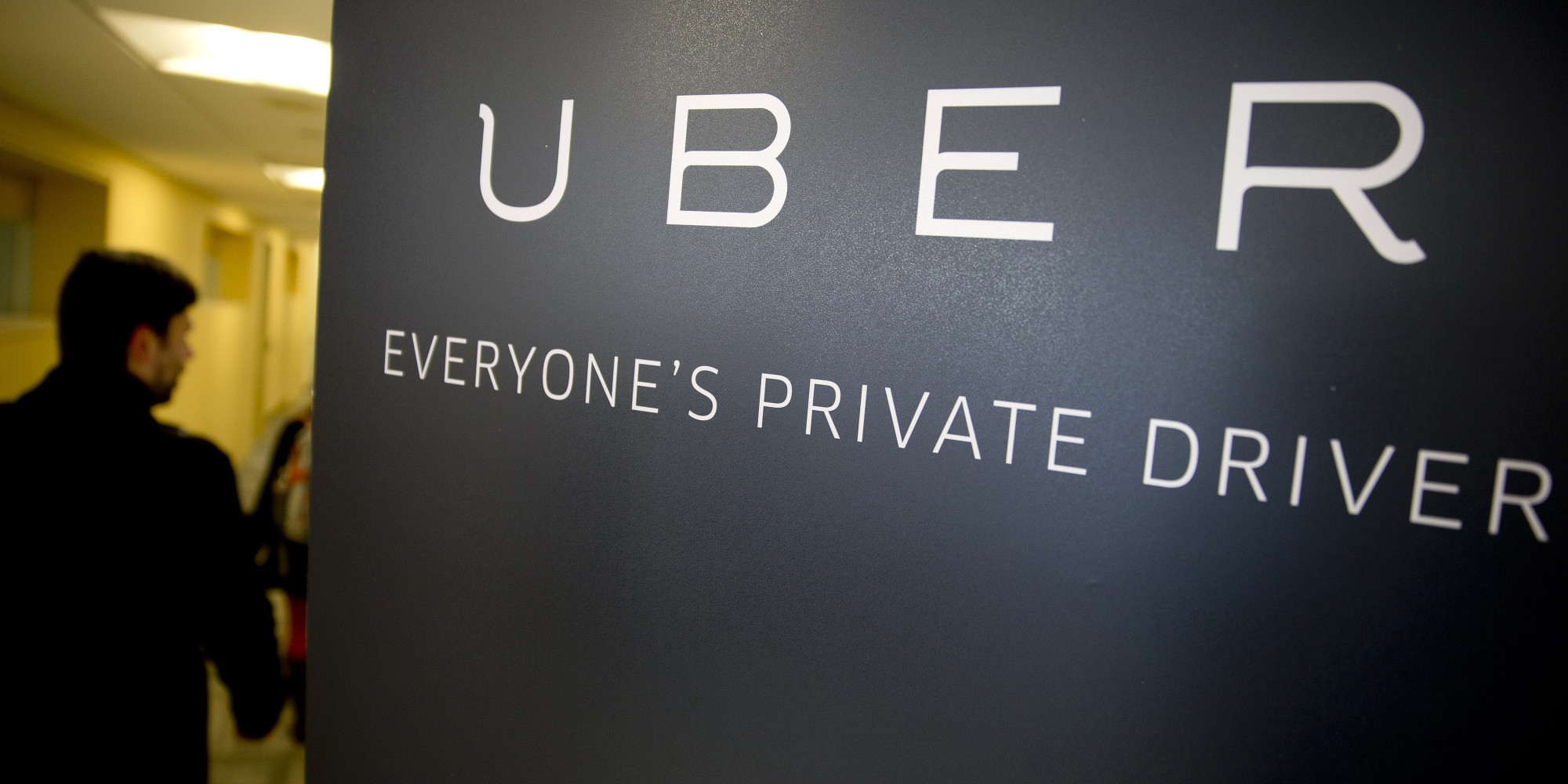Uber’s Success as a Temporary Labor Employer – Will More Companies Follow Suit?

We’re seeing constant reinforcement that business models including a temporary workforce are growing, diversifying, and being adapted by different industries. Further, on the consumer end of things, apps like Uber or Postmates are revolutionizing transit and delivery industries but also subsequently have a significant influence on entrepreneurship and contracted workers. With such positive advances and feedback from consumers and the workforce alike, will it also have an influence on the larger picture? Is it possible more businesses apply this model, creating more companies employing a large temporary workforce? Below are two reasons why we could see more companies adopting this model.
1) Market Disruption
Uber has touched so many levels of transit in major metropolitan areas. However, in addition to significantly adjusting efficiency in travel and challenging state level legislation, they have employed groundbreaking marketing strategies and continually enhance their technology. All of this progress has benefited each vertical Uber touches on both the consumer and employee end of the business. Perhaps on-demand services aren’t for every business but the ability to offer a self-sufficient, entrepreneurial fleet of roles while maintaining a level of customer service results in Uber having a reputation worthy of replication.
2) Contingent Employee Morale
In the past, contingent workers and temporary and independent contractors had a reputation for lacking a legitimate job or structure as they were not full-time. Employers have also historically treated them minimally different than their FTE’s. Uber has also broken that boundary. By having clear cut prerequisites for their drivers, they are able to hire less middle management. Further, the application allows for constant flexibility of their drivers and a flexible schedule can be beneficial for parents, freelancers, students, and seasonal workers without the threat of compromising other life priorities. Minimally, Uber drivers can maintain a very healthy life/work balance most fit for each individual which although is important, is not always the priority of the employer.